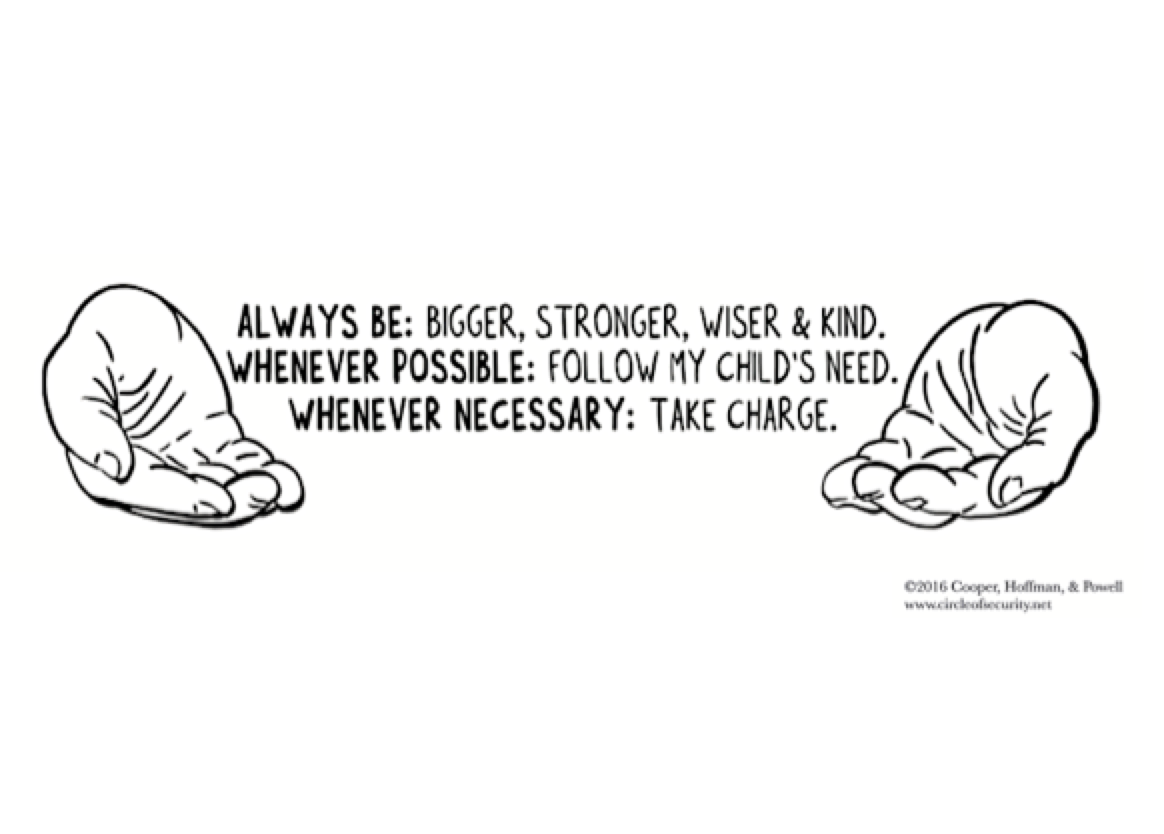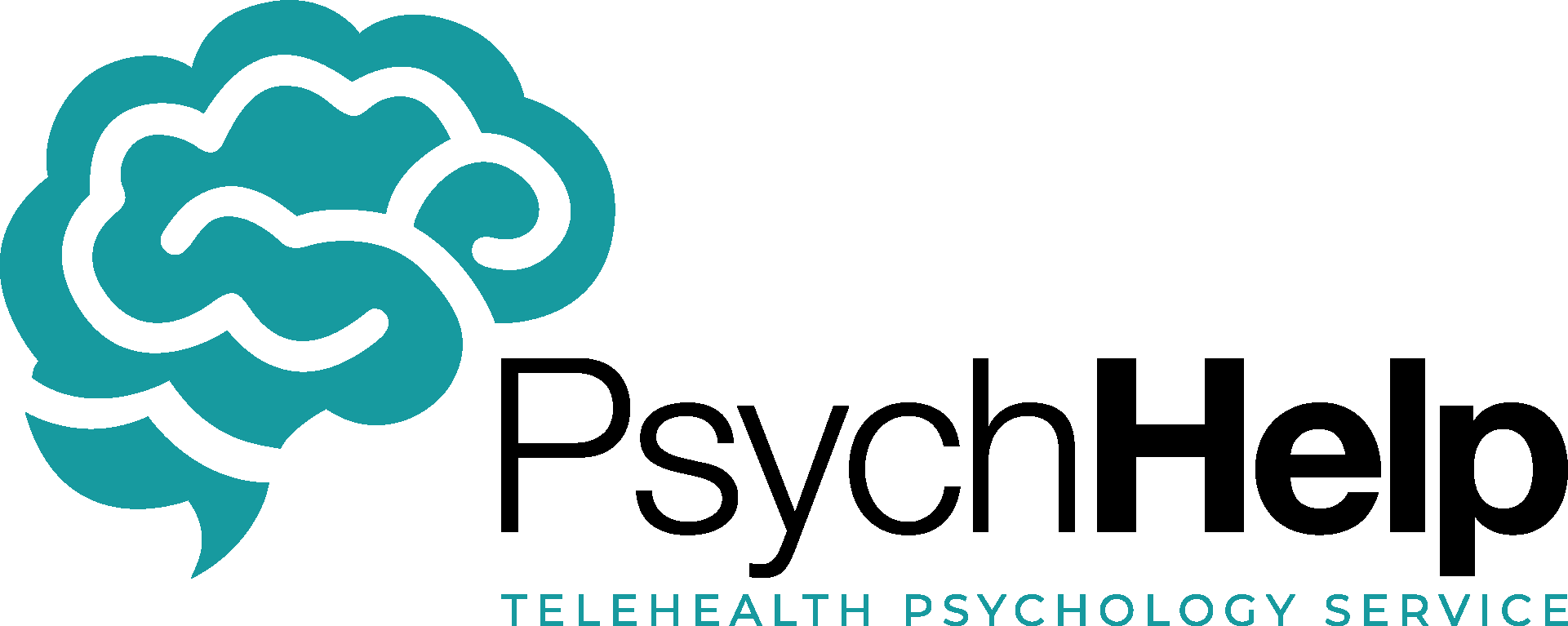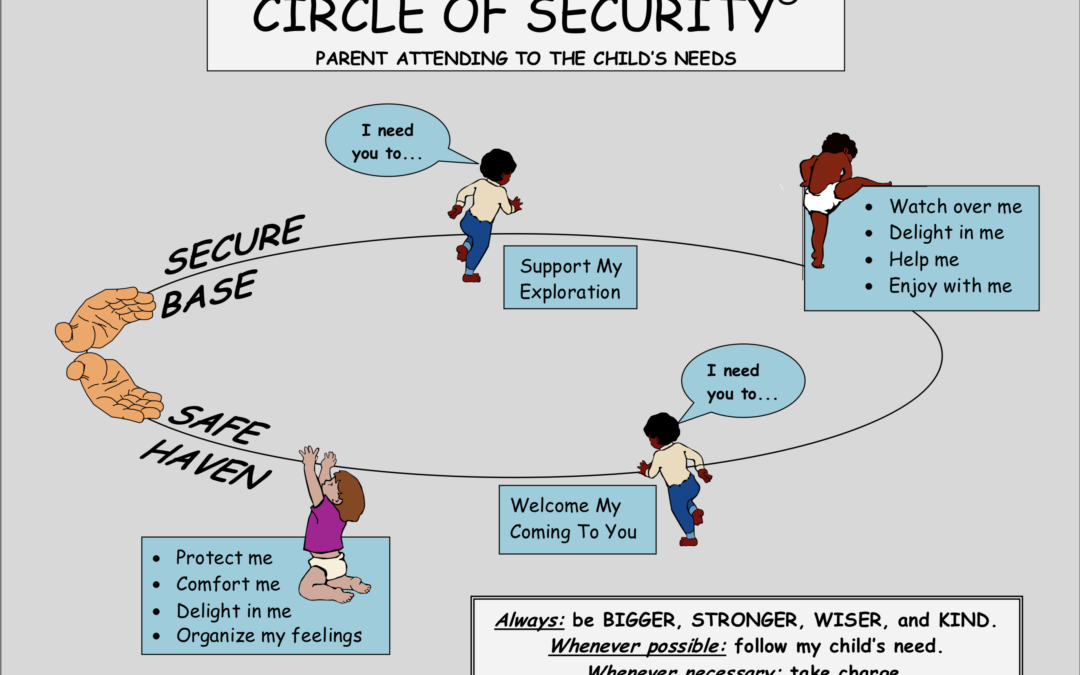Circle of Security TM is an early intervention program for parents and children however; many of the ideas from this program apply to everyone. This is because even if you are not parents yourselves you will have had the experience of being parented. This program is based on attachment theory, which is the idea that relationships, particularly those with our parents are very important to our wellbeing and mental health. These first relationships help us set down patterns, which affect the way we interact with others later in life.
Glen Cooper, Kent Hoffman, and Bert Powell turned the ideas from attachment theory into an easy to understand graphic of a circle. This circle examines the pattern most children show when interacting with their primary attachment figure (i.e. their parents). It also outlines the important tasks parents should complete to help their child develop a secure attachment and the important needs of children. The program has 8 group sessions which include:
- Welcome to Circle of Security Parenting
- Exploring Our Children’s Needs All The Way Around the Circle
- “Being With” on the Circle
- “Being With” Infants on the Circle
- The Path to Security
- Exploring Our Struggles
- Rupture and Repair in Relationships
- Summary and Celebration
There are three main concepts, which the program incorporates. The first concept includes an understanding that children need to go out to explore the world. Second, that children need to come in to their parents or caregivers regularly for comfort especially if they are hurt or frightened. Third, that parents and caregivers need to provide a secure base for the children in their care. They can do this by being bigger, stronger, wiser and kind.
This video provides an overview of the Circle of Security Parenting Program
The following two videos discuss how the Circle of Security Parenting Program can support parents
Is it research based?
A number of research studies have examined the Circle of Security Program. Researchers have found it significantly reduces the risk of insecure attachment and has a significant positive impact on the attachment–caregiving patterns of high-risk toddlers and pre-schoolers and their primary caregivers
What has attachment got to do with mental health?
Research has shown us that having good attachments particularly early in life provides resilience against life stress. All throughout life feeling isolated from other people can lead to an increased inflammatory response in the body and a range of mental health problems. Having close relationships throughout your life is good for your mental health. If you did not have good experiences in your early relationships you may need some additional support to trust and feel close to others in adulthood.
I don’t have children what has this got to do with me?
Regardless of whether you have your own children it is important to consider your early life events as part of any psychological assessment. The type of relationship you had with your parents can have an affect on your later relationships and even on your relationship with your therapist. For example, imagine if you could not depend on your parents to be there when you needed them. As an adult you may question whether your boyfriend or girlfriend will be there for you when you need them and you may also take longer to trust your Psychologist. Once you understand these patterns you can work towards trying out different ways of interacting in a relationship and work towards trusting others.
If you would like to read more about Circle of Security Parenting they have also written a book Raising A Secure Child which is a practical and accessible discussion of what is needed as a parent to ensure your child has the best chance of having a secure attachment.
Unfortunately we are not able to offer the full Circle of Security Parenting Program via Telehealth at this time (watch this space). However we can include many of the ideas from circle of security in our sessions as a way to help you understand yourself, your parents and your relationships better. If you are interested in completing the circle of security program via Telehealth please let us know at support@localhost



